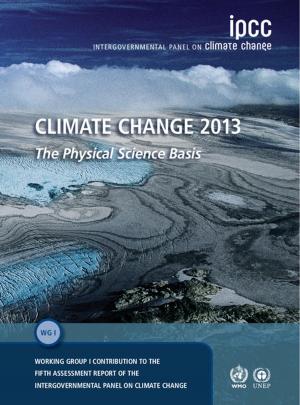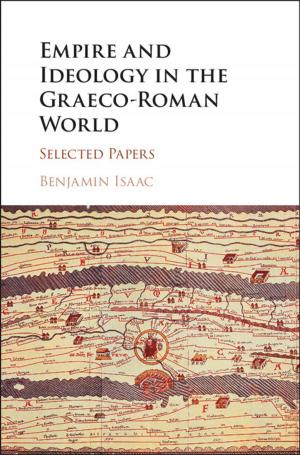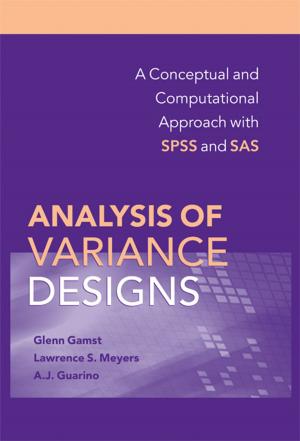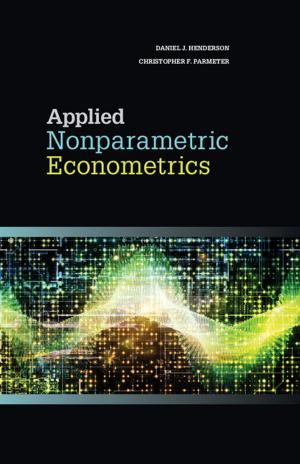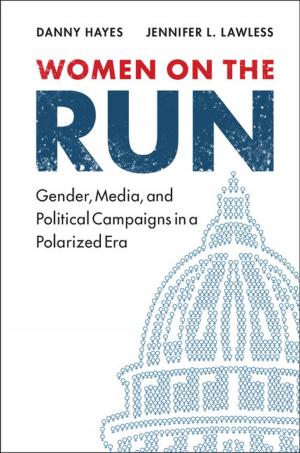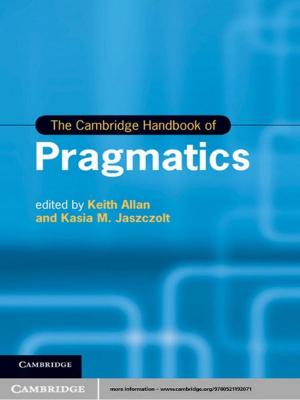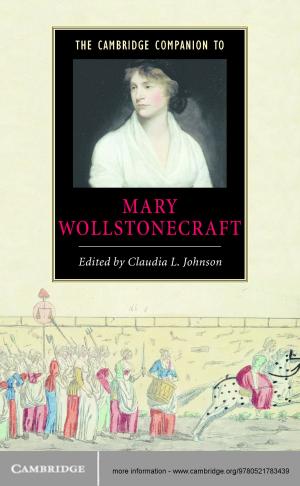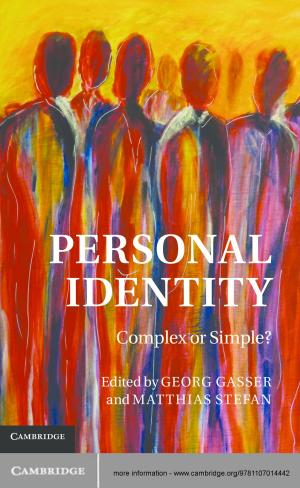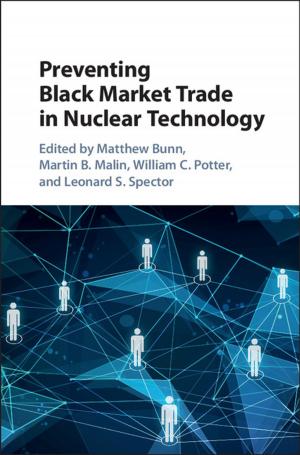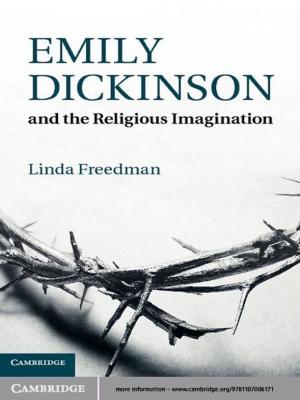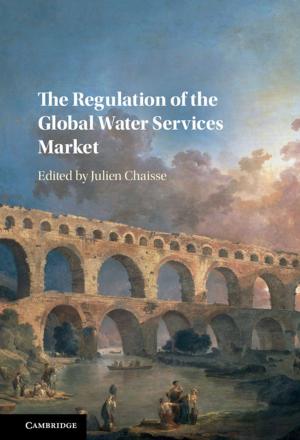Christian Law
Contemporary Principles
Nonfiction, Reference & Language, Law, Comparative, Religion & Spirituality| Author: | Norman Doe | ISBN: | 9781107460546 |
| Publisher: | Cambridge University Press | Publication: | September 12, 2013 |
| Imprint: | Cambridge University Press | Language: | English |
| Author: | Norman Doe |
| ISBN: | 9781107460546 |
| Publisher: | Cambridge University Press |
| Publication: | September 12, 2013 |
| Imprint: | Cambridge University Press |
| Language: | English |
Christian Law: Contemporary Principles offers a detailed comparison of the laws of churches across ten distinct Christian traditions worldwide: Catholic, Orthodox, Anglican, Lutheran, Methodist, Reformed, Presbyterian, United, Congregational and Baptist. From this comparison, Professor Doe proposes that all denominations of the faith share common principles in spite of their doctrinal divisions; and that these principles reveal a concept of 'Christian law' and contribute to a theological understanding of global Christian identity. Adopting a unique interdisciplinary approach, the book provides comprehensive coverage on the sources and purposes of church law, the faithful (lay and ordained), the institutions of church governance, discipline and dispute resolution, doctrine and worship, the rites of passage, ecumenism, property and finance, as well as church, State and society. This is an invaluable resource for lawyers and theologians who are engaged in ecumenical and interfaith dialogue, showing how dogmas may divide but laws link Christians across traditions.
Christian Law: Contemporary Principles offers a detailed comparison of the laws of churches across ten distinct Christian traditions worldwide: Catholic, Orthodox, Anglican, Lutheran, Methodist, Reformed, Presbyterian, United, Congregational and Baptist. From this comparison, Professor Doe proposes that all denominations of the faith share common principles in spite of their doctrinal divisions; and that these principles reveal a concept of 'Christian law' and contribute to a theological understanding of global Christian identity. Adopting a unique interdisciplinary approach, the book provides comprehensive coverage on the sources and purposes of church law, the faithful (lay and ordained), the institutions of church governance, discipline and dispute resolution, doctrine and worship, the rites of passage, ecumenism, property and finance, as well as church, State and society. This is an invaluable resource for lawyers and theologians who are engaged in ecumenical and interfaith dialogue, showing how dogmas may divide but laws link Christians across traditions.

